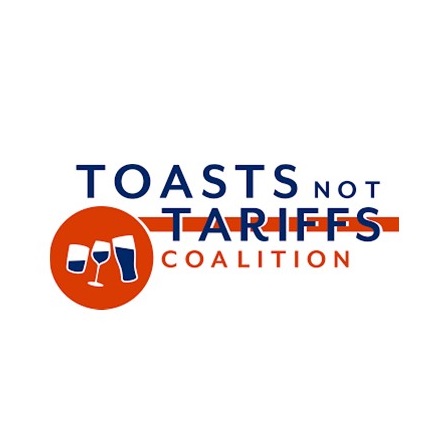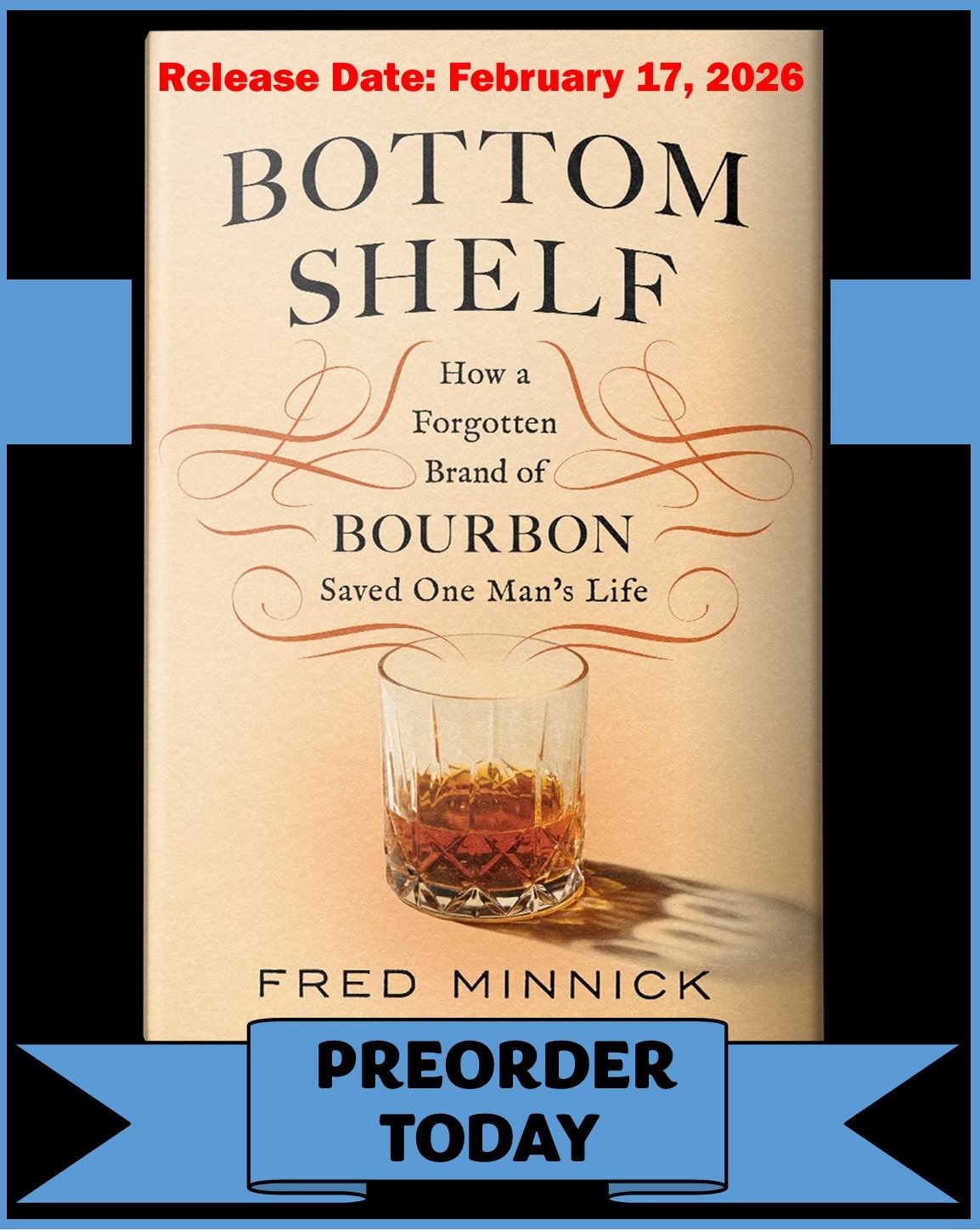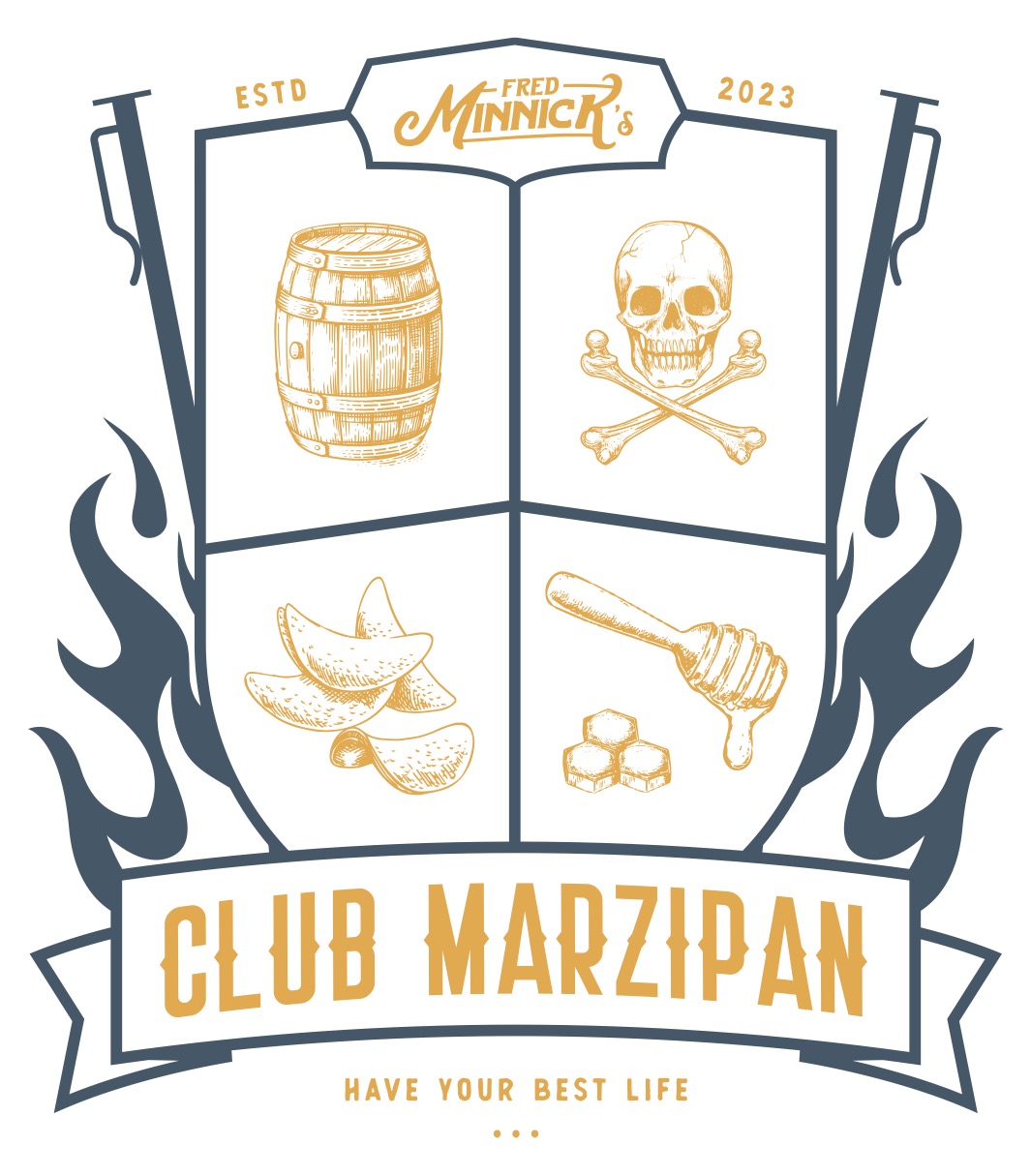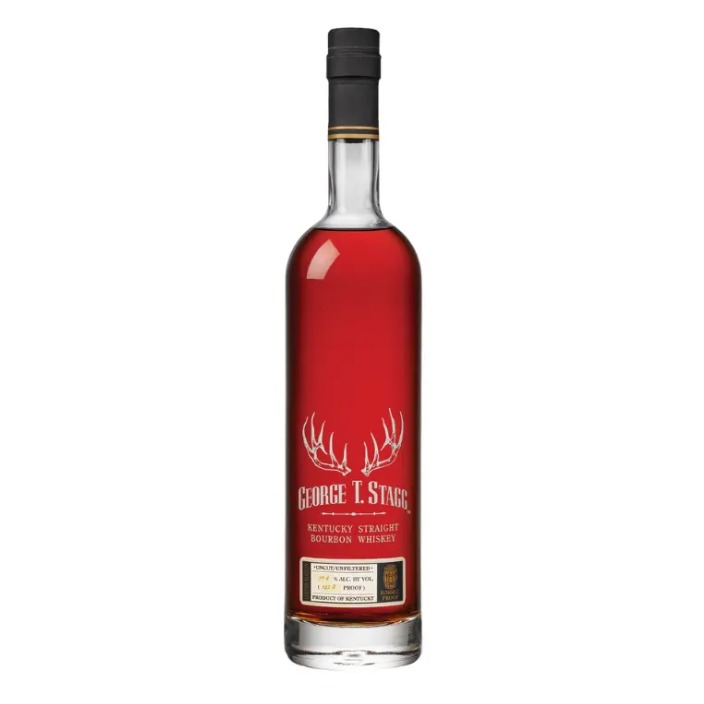Toasts Not Tariffs Urges Trump for Tariff-Free Spirits Trade with EU

The Toasts Not Tariffs Coalition, a group of 57 associations representing the entire three-tier chain of the U.S. alcohol industry and related industries, sent a letter to President Donald J. Trump urging that fair and reciprocal tariff-free trade for spirits and wine products be included in the final agreement between the U.S. and EU.
The organizations commended the administration’s objective to strengthen the economic vitality of the United States and stated that securing an agreement with the EU that includes a permanent return to fair and reciprocal trade for spirits and wine would “represent a clear and significant win for American workers, businesses and consumers.”
The coalition raised concerns that if an agreement between the U.S. and EU is not made soon, it could jeopardize the critical holiday selling season.
“Mr. President, we need toasts, not tariffs, as we head into the most important season for our industry,” the letter stated. “As part of your America First Trade Policy, we seek your leadership to secure fair and reciprocal tariff-free trade for U.S. and EU spirits and wines as soon as possible.”
The letter noted that a 15% tariff on EU wine and spirits could result in more than 25,000 American job losses and nearly $2 billion in lost sales.
The letter continued, “Our coalition members produce, distribute and sell wine and spirits in every U.S. state and support more than 3.5 million jobs, generating $476 billion in annual economic activity. These include farmers who grow inputs such as grapes, corn, wheat, barley, hops, rye and rice on more than 1 million acres of farmland, all the way through the supply chain to the waiters, bartenders, truck drivers and retail clerks.
“These jobs also include fields such as transportation and distribution, bottling and packaging, marketing and finance, restaurants, bar staff, taverns, small package stores and large and small grocery outlets.”
The coalition explained that wine and spirits are unique products, often tied to specific geographical regions around the world.
Many U.S. and EU spirits are recognized as “distinctive products” and can only be made in their designated countries — Bourbon and Tennessee Whiskey in the U.S., and Cognac in France.
Similarly, wine is linked to its place of origin through American Viticultural Areas appellations of origin or geographical indications. Consequently, production of these products cannot simply be relocated to circumvent tariffs.
“Our sectors stand as a model of mutually beneficial trade, and the livelihoods of those working within it depend heavily on international trade,” the letter continued.
Most U.S. wine exports go to countries with low or zero import duties. Nearly 86% of U.S. spirits exports go to countries that have eliminated tariffs on all U.S. spirits, and approximately 98% of spirits imports originate from countries that have eliminated tariffs on U.S. spirits. Ensuring predictable access to global markets creates jobs, supporting rural and urban communities.
“America’s unique and special distilling industry is not only an economic driver for our nation, but a living expression of heritage, craftsmanship and community,” Chris Swonger, President & CEO, Distilled Spirits Council of the U.S., said. “We need President Trump’s leadership to safeguard the U.S. distilled spirits sector by returning to permanent, tariff-free trade on distilled spirits between the U.S. and EU. Doing so will help secure economic vitality during one of the most challenging times for the hospitality industry and set a benchmark for all other countries as trade negotiations with the U.S. continue.”
“We encourage the administration to move swiftly to secure a fair and reciprocal trade agreement,” Margie A.S. Lehrman, CEO, American Craft Spirits Association. “Our community of independent craft producers, along with many of the agricultural and hospitality partners we work so closely with, is already facing the most fierce economic headwinds and market conditions we have seen in decades. The ongoing tariff uncertainty is creating further pressure, making it impossible for these small businesses to forecast or plan for the future.”
Read more: U.S., EU Reach Trade Agreement with 15% Tariffs









